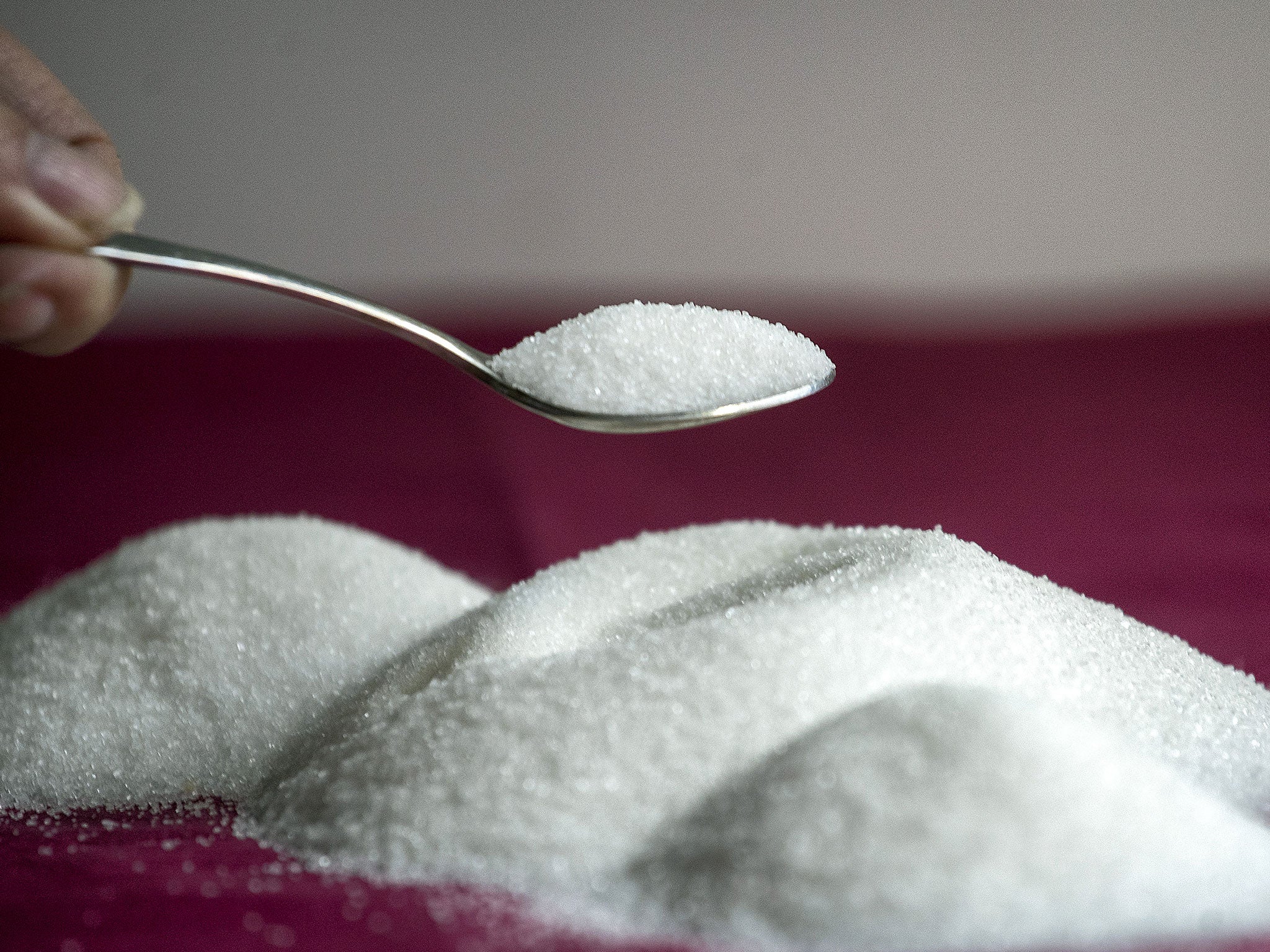Sugar tax will be an arbitrary penalty that hits the poor hardest, consumer group warns
'It is deeply concerning that the Government has given in to the pressures from the public health lobby'

Your support helps us to tell the story
From reproductive rights to climate change to Big Tech, The Independent is on the ground when the story is developing. Whether it's investigating the financials of Elon Musk's pro-Trump PAC or producing our latest documentary, 'The A Word', which shines a light on the American women fighting for reproductive rights, we know how important it is to parse out the facts from the messaging.
At such a critical moment in US history, we need reporters on the ground. Your donation allows us to keep sending journalists to speak to both sides of the story.
The Independent is trusted by Americans across the entire political spectrum. And unlike many other quality news outlets, we choose not to lock Americans out of our reporting and analysis with paywalls. We believe quality journalism should be available to everyone, paid for by those who can afford it.
Your support makes all the difference.The Treasury has dismissed claims the sugar tax will be an arbitrary burden on the poor which takes no account of the actual make-up of drinks. The TaxPayers' Alliance has said some beverages laden with sugar will be exempt from the levy.
The TPA have insisted the Budget measure should be scrapped after it carried out a comparison of 49 different drinks across three areas: fizzy and energy drinks that will be taxed, milk-based beverages, and coffees, that will not. The survey found that Coca-Cola, with 10.6 grams of sugar per 100 millilitres, will be subject to the levy, but a Starbucks signature hot chocolate with whipped cream with coconut milk, which has 11 grams of sugar per 100 millilitres, will not. In all, the 10 most sugary drinks analysed by the TPA will not be subject to the tax.
TPA chief executive Jonathan Isaby said: “It is deeply concerning that the Government has given in to the pressures from the public health lobby and is pushing ahead with this regressive tax which will hit the poorest families hardest.” He said: “The evidence shows that the sugar tax has nothing to do with the sugar content of products, so it is farcical to suggest that this will have any positive.”
However, a Treasury spokesman said the soft drinks industry levy was “a major step forward” in tackling childhood obesity. “Treating obesity and its consequences costs the taxpayer £5.1 billion every year,” they said. “The levy will be charged on soft drinks because they are the main source of added sugar in children's and teenagers' diets, many with no intrinsic nutritional value.”
The spokesman pointed to the amount of sugar in cola cans as a cause for concern. There is 35g of sugar in 300ml can of Coca-Cola, well above the daily reccomended allowance of 24g for children between seven and 10 years old.
The Government say that the money from the levy will go towards funding more school sport, and expanding school breakfast clubs. “The levy is designed so that producers don't have to pass the tax on to consumers and if they change their product mix to reduce sugar content, then they will pay less or no tax,” said the spokesman.
Join our commenting forum
Join thought-provoking conversations, follow other Independent readers and see their replies
Comments